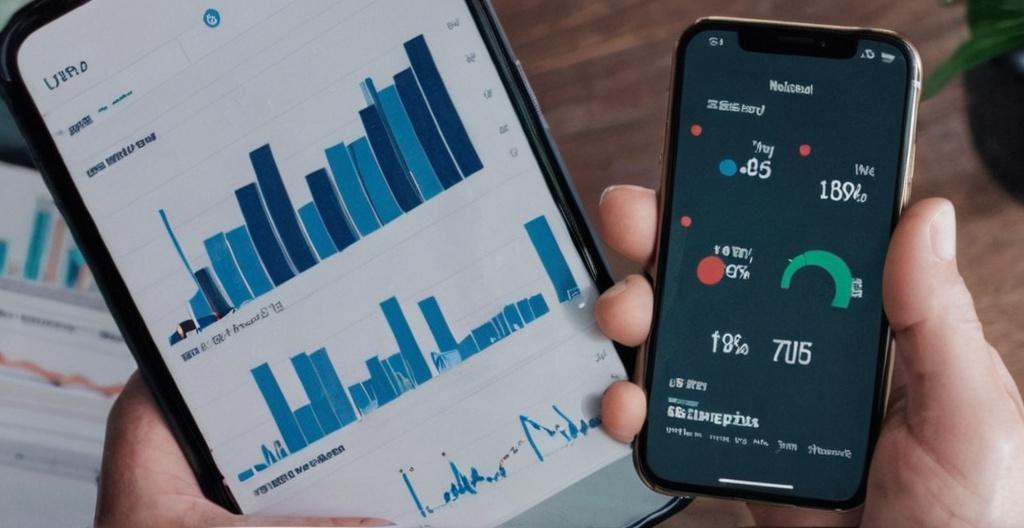Key Take Aways About Red Flags of Money Laundering
- Money laundering uses trading’s complexity to disguise illegal funds.
- Red flags: unusual trading patterns, volume spikes, frequent losses, offshore accounts.
- Advanced technology aids in detecting laundering, but human intuition remains crucial.
- Consequences include severe penalties, with trust in the market at stake.
- Traders should promote transparency and question anomalies to combat laundering.

Introduction to Money Laundering in the Trading Space
Alright, so we’ve all heard of money laundering—a fancy term for ‘washing’ illegal funds to make them appear legal. It’s an old trick in the book, but boy, does it still catch folks by surprise. In the trading space, things might just get a bit shadier. Why? Because the fast-paced, high-stakes environment of trading tends to attract those looking to pull a fast one.
How Money Laundering Works in Trading
Trading platforms are like bustling markets, and if you’re up to no good, it becomes your playground. The idea is simple: use the complex nature of trading to shuffle money around until it’s as clean as a whistle. Now, why would someone choose trading for this? Well, imagine trying to find a needle in a haystack—that’s what spotting money laundering in trading feels like for many regulators.
Red Flags to Watch Out For
Spotting money laundering can feel like a game of cat and mouse. But there are some telltale signs to zero in on:
- Unusual trading patterns: If a trader occasionally pulls off deals that make no sense, like buying high and selling low without a reason, there might be something fishy going on.
- Volume irregularities: A massive spike in trading volume? That’s a red flag waving frantically in the air. It could indicate attempts to wash large sums quickly.
- Frequent losses: Consistently making losses without caring about profits? Not a usual strategy. It might be a tactic for hiding illicit money movements under the guise of legitimate losses.
- Offshore activities: A legitimate trader likes to keep things tidy. Trading through offshore accounts without a clear rationale is suspicious.
Case in Point: The Tale of the Shifty Trader
There was once a trader who, on paper, seemed like a genius. Enormous volumes, bizarre patterns, and yet, he was always a step ahead. Turns out, he was engaging in an elaborate scheme of smoke and mirrors, bouncing funds between jurisdictions to clean his dirty money. Authorities eventually caught on, but not before he’d moved a hefty sum.
The Role of Technology in Detecting Money Laundering
As trading platforms grow smarter, they’re getting better at sniffing out the bad apples. Advanced algorithms and AI are game-changers. These digital bloodhounds can track trading patterns and detect anomalies faster than you can say “money laundering.”
Still, tech alone isn’t enough. Human intuition—no algorithm can match that yet. Regulators are stepping up their game, blending technology with good old-fashioned detective work to sniff out the tricksters.
Understanding the Consequences
Getting caught laundering money isn’t just a slap on the wrist. Sanctions, fines, and even jail time await those unmasked by regulators. For the rest, it’s about maintaining trust. In the trading world, trust is more precious than gold. Once it’s lost, good luck winning it back.
Steps You Can Take
While regulators and tech do their part, there’s a role for traders too. By maintaining transparency, conducting proper due diligence, and always asking “Does this make sense?” when you see something odd, you’re stepping up in the fight against money laundering.
Sure, the excitement of the market might be why you got into trading, but remember, it’s a shared space. We’ve all got a part to play in keeping it clean.
Conclusion
The trading space should be a place of opportunity, not deceit. By paying attention to the red flags and leveraging both tech and human instinct, we can crack down on money laundering. So, while the illegal money cleaners are out playing their games, rest assured, the world of trading is no place for them. Keep an eye out, trust your gut, and always question the unusual—it just might help keep the trading floor honest.